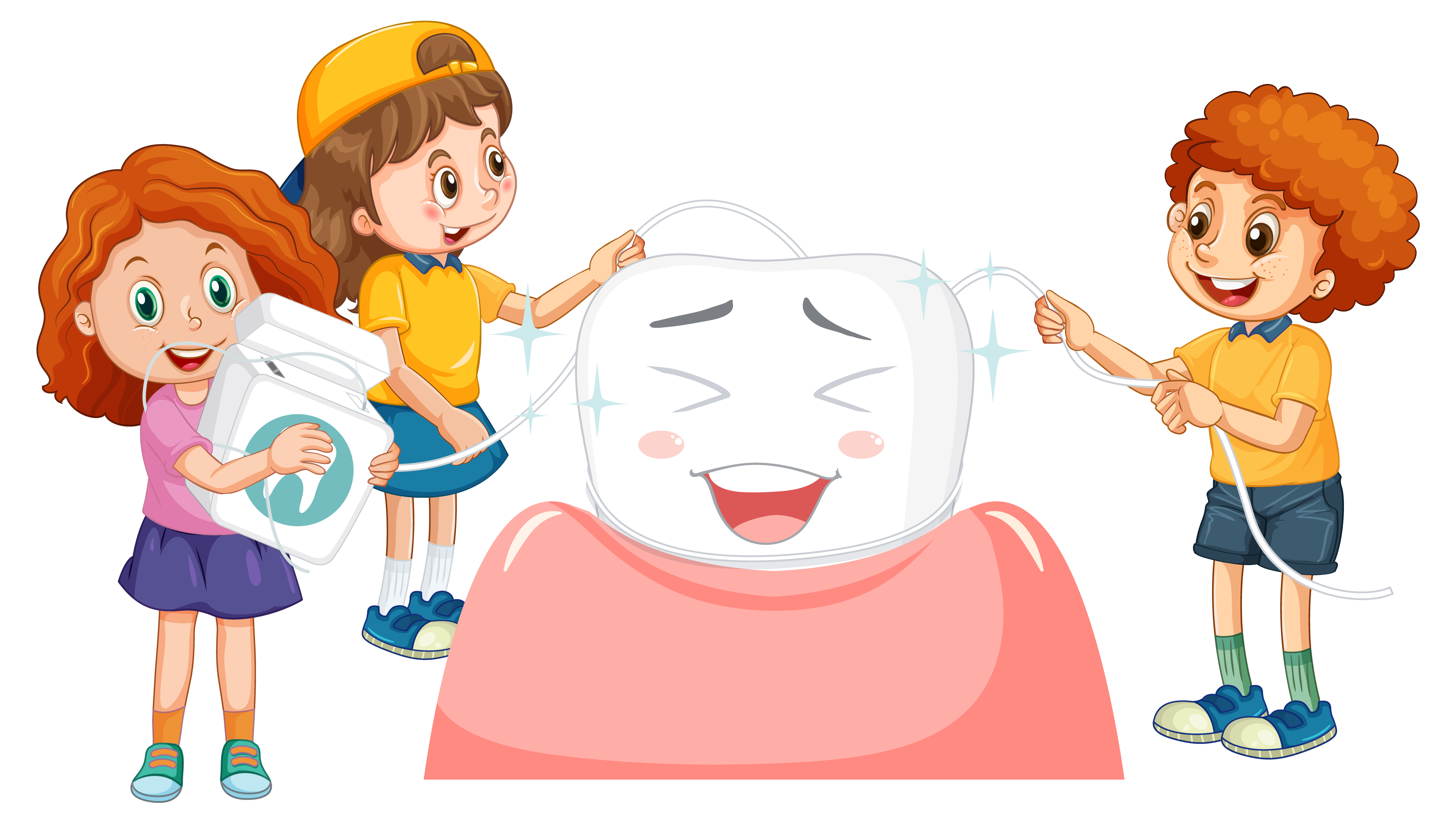The journey of a child’s dental development is both fascinating and mysterious. Hey parents, You might find yourself wondering about things like the age when kids start losing teeth, what the tooth loss age chart looks like, and what complications can arise from tooth loss in kids, right? This blog post will unravel the perplexities and burstiness of this topic to provide you with all the information you need about teeth loss in kids. Let’s dive in!
Age When Kids Start Losing Teeth: An Overview
Children often begin to lose their primary teeth between the ages of 6 and 12. Primary teeth is also known as “baby teeth.” However, do understand that the age when kids start losing teeth does vary. Some children lose their first tooth as early as 4 or as late as 7. The tooth loss age chart presented below provides a comprehensive overview of the general timeline for children’s teeth loss:
Central incisors (front teeth): 6-7 years
Lateral incisors: 7-8 years
Canines (cuspids): 9-12 years
First molars (6-year molars): 9-11 years
Second molars (12-year molars): 10-12 years
It’s important to note that the tooth loss age chart is merely a guideline. Each child’s dental development is unique, and there may be variations in the order and timing of tooth loss.
Complications of Losing Teeth in Kids
Complications of Losing Teeth in Kids: What to Watch Out For
After having understood about the age when kids start losing teeth, we should understand some of the problems or complications around the same. While losing baby teeth is a normal aspect of a child’s oral growth, there are some problems that can occur. Understanding these complications will help you monitor your child’s dental health and take appropriate action if necessary. Common parents, let us understand some of the common complications of losing teeth in kids:
Premature Tooth Loss: If your little loses a tooth earlier than the suggested/regular age, it could be the result of an accident, tooth decay, or periodontal disease. Such premature tooth loss can prompt adjacent teeth to move, potentially causing misalignment or overcrowding as permanent teeth make their appearance.
Delayed Tooth Loss: If a child’s baby tooth does not come out within the predicted time frame, it might be due to a lack of room for the permanent tooth to emerge or a developmental issue with the permanent tooth. In such cases, a dentist may need to intervene and extract the baby’s tooth to prevent complications.
Over-retained Primary Teeth: Sometimes, a child’s permanent tooth may begin to grow in before the baby tooth has fallen out. This can lead to the baby tooth being pushed out of position or the permanent tooth growing in crooked. Consult a dentist if you notice this happening, as they may need to remove the baby’s tooth or recommend orthodontic treatment.
Impacted Teeth: An impacted tooth is a permanent tooth that doesn’t emerge through the gums due to a lack of space or an incorrect position. Impacted teeth can cause pain, swelling, and infection. A dentist might suggest braces or alternative orthodontic treatments to create space for the tooth, while in certain situations, surgical intervention could be deemed necessary.
Infection: In rare cases, the socket left behind after a baby’s tooth falls out can become infected. Pain, swelling, redness and pus are the signs of infections to watch out for! If you suspect your child’s tooth socket is infected, seek prompt dental care to prevent the infection from spreading and causing more serious complications.
Helping Your Child Through the Teeth Loss Process
As your child navigates the burstiness of tooth loss, you can play a crucial role in ensuring they have a positive experience. Here are some tips to help your little munchkin cope with the perplexities or pain of losing their teeth:
Educate Your Child: Explain the tooth loss process to your little one in an age-appropriate manner. Make sure they understand that losing baby teeth is a natural part of growing up and that new, permanent teeth will replace them.
Encourage Good Oral Hygiene: Teach your child the importance of proper brushing and flossing. Good oral hygiene habits will not only help prevent complications during the tooth loss process but will also set the foundation for lifelong dental health.
Monitor Tooth Loss Progress: Keep track of your child’s tooth loss by comparing it to the tooth loss age chart. If you notice any significant deviations or complications, consult your child’s dentist.
Offer Comfort and Reassurance: Losing teeth can be an emotionally challenging experience for some children. Offer comfort and reassurance, and celebrate each lost tooth as a milestone in their growth.
Encourage a Healthy Diet: A nutritious diet abundant in vitamins and minerals, especially calcium and vitamin D, plays a vital role in promoting your child’s dental health throughout the teeth loss process. To ensure your child receives the essential nutrients for robust teeth and gums, motivate them to consume a diverse selection of fruits, vegetables, dairy products, and lean proteins.
Schedule Regular Dental Checkups: Regular dental checkups will allow your child’s dentist to monitor their dental development, identify any potential issues early on, and provide appropriate guidance and treatment if needed.
In Conclusion
Understanding the age when kids start losing teeth, the tooth loss age chart and potential complications of teeth loss in kids are crucial for parents to navigate this exciting yet perplexing phase of their child’s life. By educating yourself and your child about the teeth loss process, encouraging good oral hygiene habits, monitoring tooth loss progress, and seeking prompt dental care when complications arise, you can help ensure a smooth transition from baby teeth to permanent teeth.
Remember that each child’s dental development is unique, and there may be variations in the order and timing of tooth loss. If you have any concerns or worries about your little one’s tooth loss or oral health in general, you should seek advice and help from your family dentist.
At EuroKids, we understand the challenges involved in raising a healthy and confident child. If you want to read such blogs that are insightful and helpful in your parenting journey, head to our blogs section now!
















